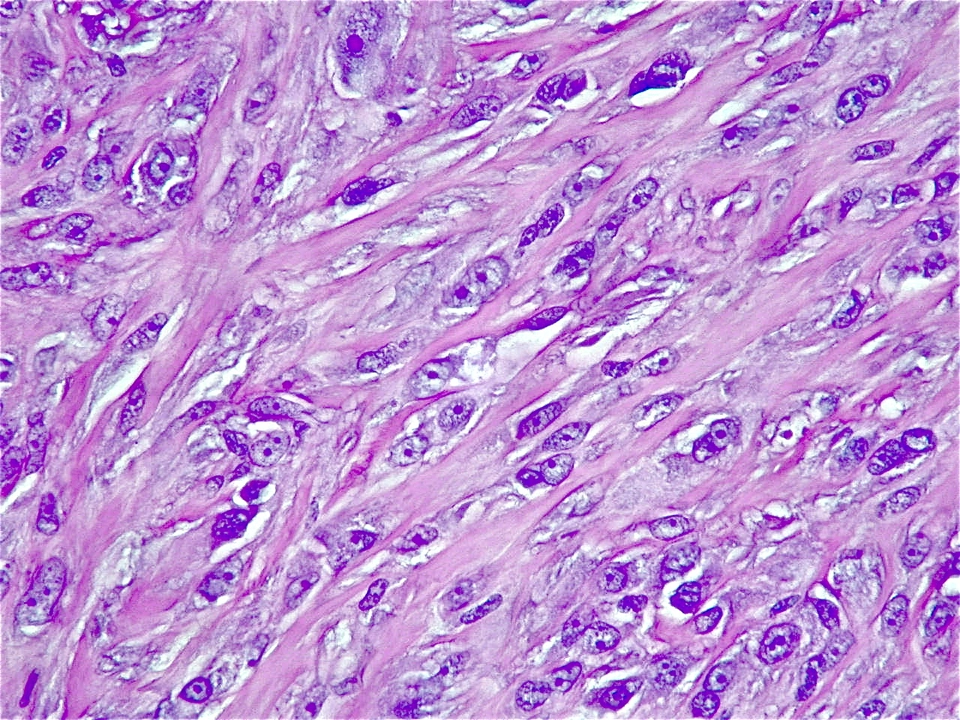Rhabdomyosarcoma is a rare type of cancer that develops in soft tissue, mostly in muscles that help your body move. This cancer mostly affects children and young adults, but it can happen at any age. Because it grows quickly, catching it early is important to get the best possible treatment.
You might wonder what symptoms to watch out for. Common signs depend on where the tumor appears, but they usually include things like a noticeable lump or swelling that doesn't go away, pain in that area, or trouble moving the affected body part. Sometimes it can cause symptoms related to pressure on nearby organs—for example, eye swelling or trouble breathing—if the tumor grows in the head or chest. If you notice something unusual like this, it’s a good idea to see a doctor quickly.
Treatment usually involves a combination of surgery, chemotherapy, and radiation therapy. Doctors tailor the plan based on the tumor’s location, size, and how far it has spread. Surgery aims to remove as much of the cancer as possible. Chemotherapy can help kill cancer cells throughout the body, while radiation therapy targets remaining cancer or tumors that can’t be fully removed by surgery.
It’s worth mentioning that treatment plans today are much better than they used to be, with improved survival rates. New research continues to bring advances, including personalized medicine approaches that target specific cancer features.
Handling a rhabdomyosarcoma diagnosis can feel overwhelming. Stay informed by asking your healthcare team clear questions about treatment options, side effects, and supportive care. Many families find second opinions helpful to feel confident in their choices. Support groups and counseling can also make a big difference in dealing with the emotional side of this journey.
Keep in mind, early detection and following the treatment plan closely can improve outcomes. If you or someone close to you is facing this diagnosis, don't hesitate to reach out to specialists and support networks for guidance and help.
Rhabdomyosarcoma might be rare, but with the right information and care, people can face the challenge head-on and work toward recovery.
Posted by
Paul Fletcher
16 Comments

As a parent, it's essential to be aware of Rhabdomyosarcoma, a rare but aggressive form of childhood cancer that affects the soft tissues. Early detection and treatment are crucial, as this cancer can spread quickly to other parts of the body. Symptoms may include pain, swelling, or a noticeable lump in the affected area. It's important to consult a pediatric oncologist for diagnosis and tailored treatment options, which may include surgery, chemotherapy, and radiation. Lastly, emotional support and ongoing follow-up care are vital for both the child and the family throughout this challenging journey.
read more